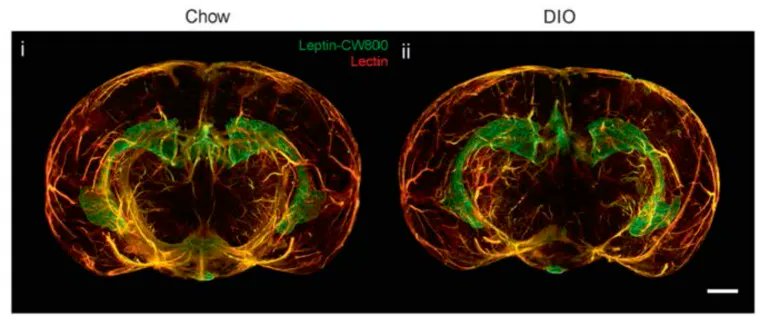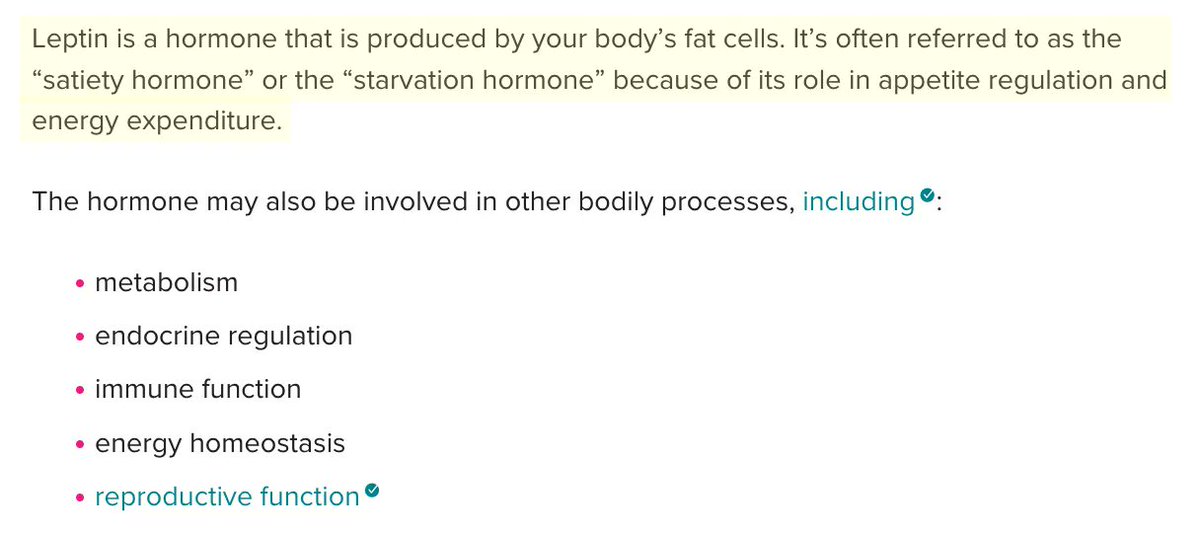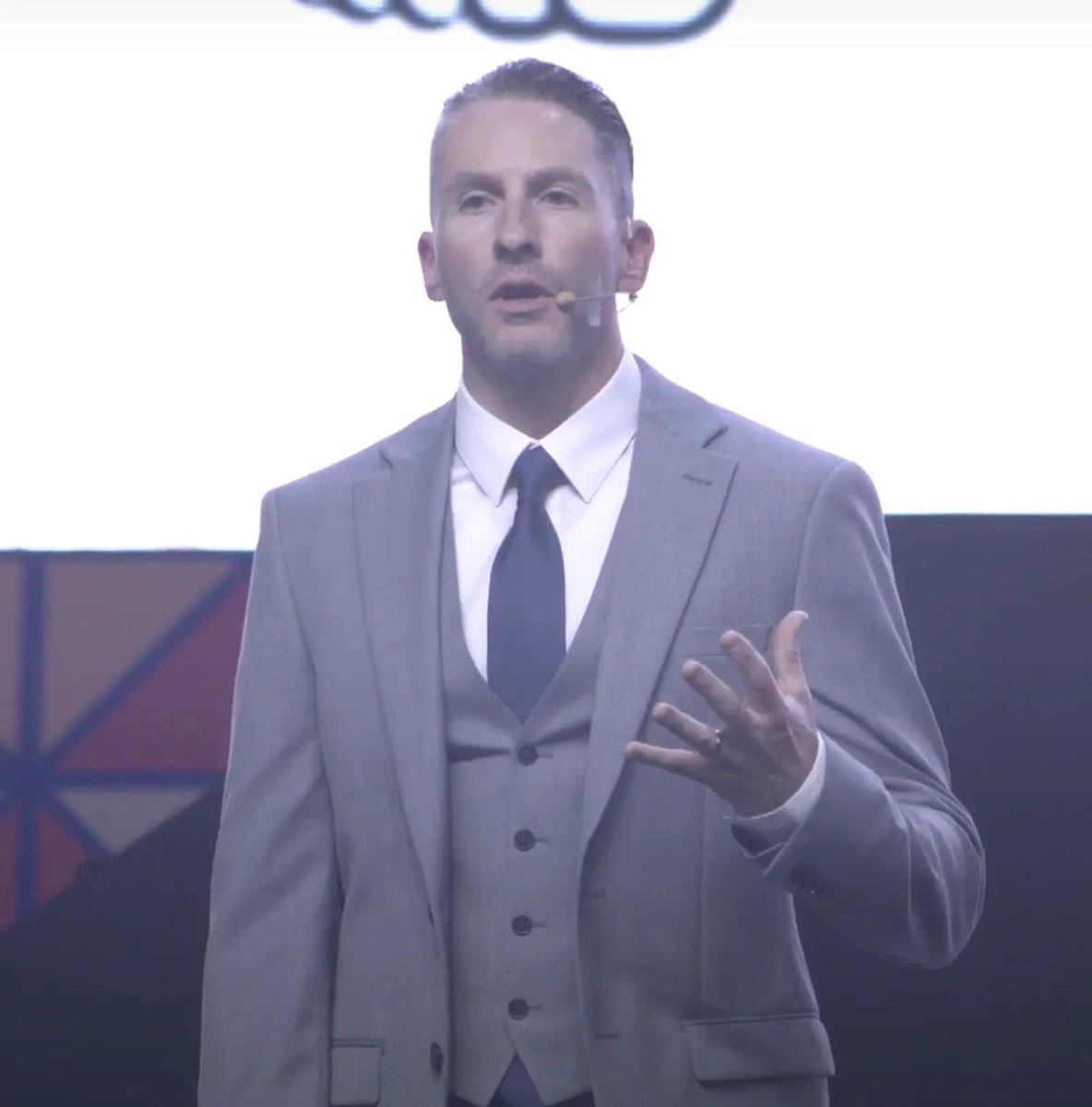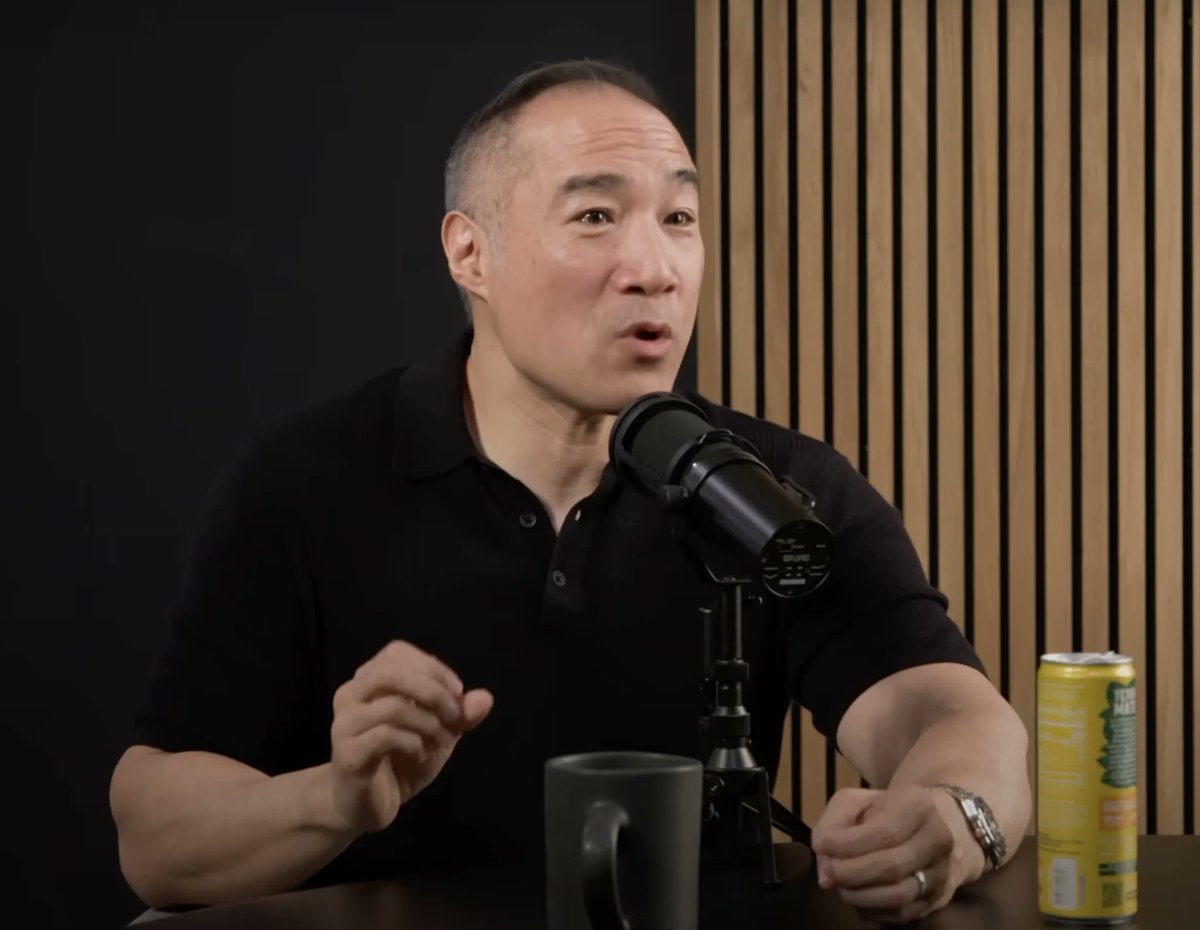50 years ago, people were leaner and stronger without counting calories or hitting the gym.
Then something changed in the late 20th century, and muscle mass started dropping while obesity increased.
No, it wasn’t because of less exercise…
Here’s what really happened: 🧵
Then something changed in the late 20th century, and muscle mass started dropping while obesity increased.
No, it wasn’t because of less exercise…
Here’s what really happened: 🧵
In the 1960s - 1970s, the average American got ~14–15% of their calories from protein.
Now, that’s fallen to ~12%.
It might sound small but it triggered a change in your body so powerful that most people don’t even realize it’s controlling them right now.
Here’s why…
Now, that’s fallen to ~12%.
It might sound small but it triggered a change in your body so powerful that most people don’t even realize it’s controlling them right now.
Here’s why…

There’s a concept called the Protein Leverage Hypothesis.
It says your body has a strong biological drive to get enough protein.
If your diet is low in protein, you’ll overeat carbs & fats until your protein target is hit.
Result? More calories than you need.
It says your body has a strong biological drive to get enough protein.
If your diet is low in protein, you’ll overeat carbs & fats until your protein target is hit.
Result? More calories than you need.
Example:
If you need 120g protein/day, but your meals average 10% protein, you’ll keep eating more total food to reach that 120g.
If your meals average 30% protein, you’ll hit your protein goal faster with fewer total calories.
If you need 120g protein/day, but your meals average 10% protein, you’ll keep eating more total food to reach that 120g.
If your meals average 30% protein, you’ll hit your protein goal faster with fewer total calories.
50 years ago, protein was baked into daily life:
· Breakfast: eggs, bacon, milk.
· Lunch: meat sandwich or fish.
· Dinner: roast, chicken, stew.
Snacks were rare and when they happened, they often had protein too (nuts, cheese).
· Breakfast: eggs, bacon, milk.
· Lunch: meat sandwich or fish.
· Dinner: roast, chicken, stew.
Snacks were rare and when they happened, they often had protein too (nuts, cheese).
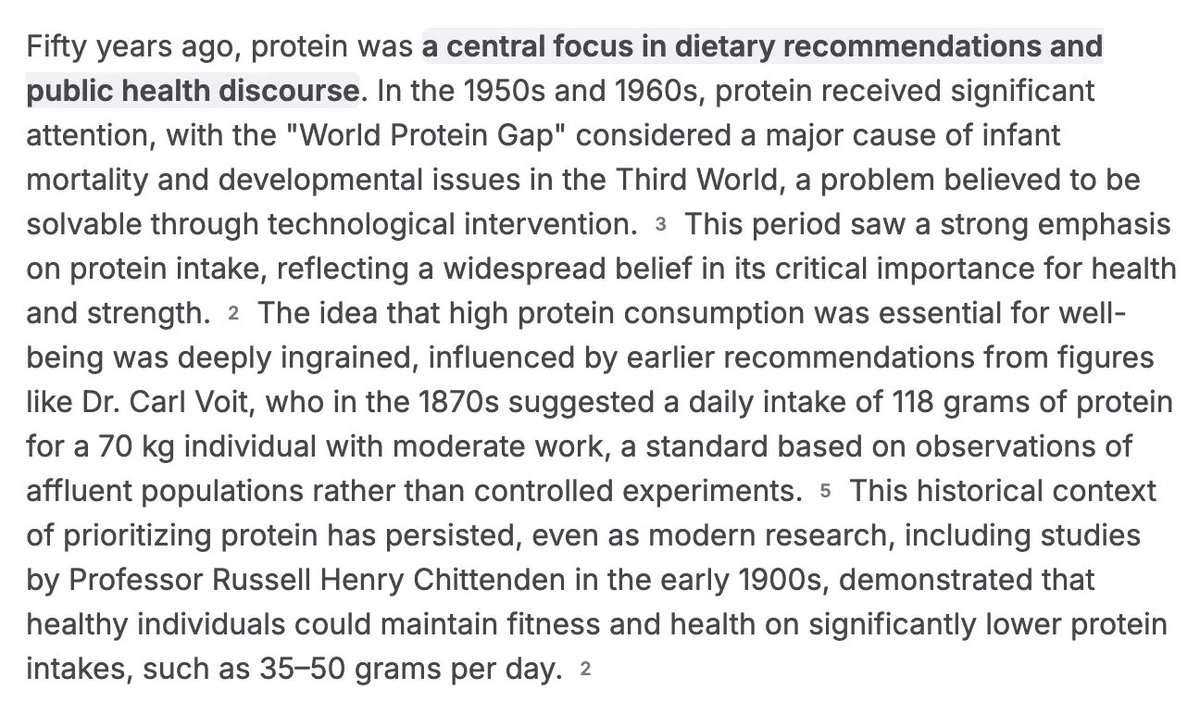
Now?
· Breakfast is often cereal, toast, or a sugary coffee drink.
· Lunch might be a sandwich light on meat, pizza, or just a salad with minimal protein.
· Dinner? Pasta, takeout, or a meat portion the size of your palm.
· Snacks? Chips, cookies, candy.
· Breakfast is often cereal, toast, or a sugary coffee drink.
· Lunch might be a sandwich light on meat, pizza, or just a salad with minimal protein.
· Dinner? Pasta, takeout, or a meat portion the size of your palm.
· Snacks? Chips, cookies, candy.
It’s not just personal choice but also the food environment changed.
In the 70s, dietary guidelines pushed “low-fat” eating.
Food companies removed fat from product, and replaced it with refined carbs & sugar to make them taste good.
Protein-rich whole foods lost center stage.
In the 70s, dietary guidelines pushed “low-fat” eating.
Food companies removed fat from product, and replaced it with refined carbs & sugar to make them taste good.
Protein-rich whole foods lost center stage.
Meanwhile, ultra-processed foods exploded.
These are calorie-dense, nutrient-poor, and designed to override your satiety signals.
They’re cheap to make because carbs & fats are less expensive than protein.
The result?
Protein % in the food supply dropped.
These are calorie-dense, nutrient-poor, and designed to override your satiety signals.
They’re cheap to make because carbs & fats are less expensive than protein.
The result?
Protein % in the food supply dropped.
Here’s why this matters for fat loss:
Muscle is metabolically expensive tissue.
The more muscle you have, the more calories you burn at rest.
Less protein → less muscle → slower metabolism → harder to maintain a healthy weight.
Muscle is metabolically expensive tissue.
The more muscle you have, the more calories you burn at rest.
Less protein → less muscle → slower metabolism → harder to maintain a healthy weight.
And it’s not just about calories.... Protein also affects body composition.
On a calorie deficit:
· High protein preserves muscle while losing fat.
· Low protein leads to muscle loss and fat loss.
Guess which one is easier to gain back after the diet ends?
On a calorie deficit:
· High protein preserves muscle while losing fat.
· Low protein leads to muscle loss and fat loss.
Guess which one is easier to gain back after the diet ends?
For most active people aiming to lose fat, research suggests:
· Protein target: ~1.6–2.2g per kg bodyweight (~0.7–1g per lb)
· Spread over 3–5 meals/snacks per day
· Pair with resistance training for max effect
· Protein target: ~1.6–2.2g per kg bodyweight (~0.7–1g per lb)
· Spread over 3–5 meals/snacks per day
· Pair with resistance training for max effect
Practical fixes:
· Swap breakfast cereal for eggs or Greek yogurt
· Add a protein source to every meal (meat, fish, dairy, tofu, legumes)
· Use protein shakes to fill gaps
· Prioritize whole foods over ultra-processed snacks
The takeaway:
· Swap breakfast cereal for eggs or Greek yogurt
· Add a protein source to every meal (meat, fish, dairy, tofu, legumes)
· Use protein shakes to fill gaps
· Prioritize whole foods over ultra-processed snacks
The takeaway:
You can’t “out-cardio” a protein-deficient diet.
You can’t “hack” your metabolism without muscle.
Bring protein back to the center of your plate. and you’ll be shocked at how much easier fat loss becomes.
You can’t “hack” your metabolism without muscle.
Bring protein back to the center of your plate. and you’ll be shocked at how much easier fat loss becomes.
The protein gap isn’t a fad diet trick.
It’s a return to the nutrient patterns that kept our grandparents leaner, stronger, and less hungry without obsessing over calories.
You just have to give your body what it’s been craving all along.
It’s a return to the nutrient patterns that kept our grandparents leaner, stronger, and less hungry without obsessing over calories.
You just have to give your body what it’s been craving all along.
A little bit more about me:
For months, I thought I just lacked discipline. I was constantly hungry, counting calories and feeling guilty every time I “messed up.”
But the truth was that, I was just under-eating the one thing my body was actually craving:
Protein.
For months, I thought I just lacked discipline. I was constantly hungry, counting calories and feeling guilty every time I “messed up.”
But the truth was that, I was just under-eating the one thing my body was actually craving:
Protein.
If I could go back and talk to my old self…
I’d say this:
Stop obsessing over calories, chasing hacks, and start feeding your body what it actually needs.
I’d say this:
Stop obsessing over calories, chasing hacks, and start feeding your body what it actually needs.
I share fat loss & fitness advice that’s simple, science-backed, and actually works.
My free newsletter will help you lose weight with actionable steps, all without having to starve yourself.
You can check it out here: redeemthebody.beehiiv.com/subscribe
My free newsletter will help you lose weight with actionable steps, all without having to starve yourself.
You can check it out here: redeemthebody.beehiiv.com/subscribe
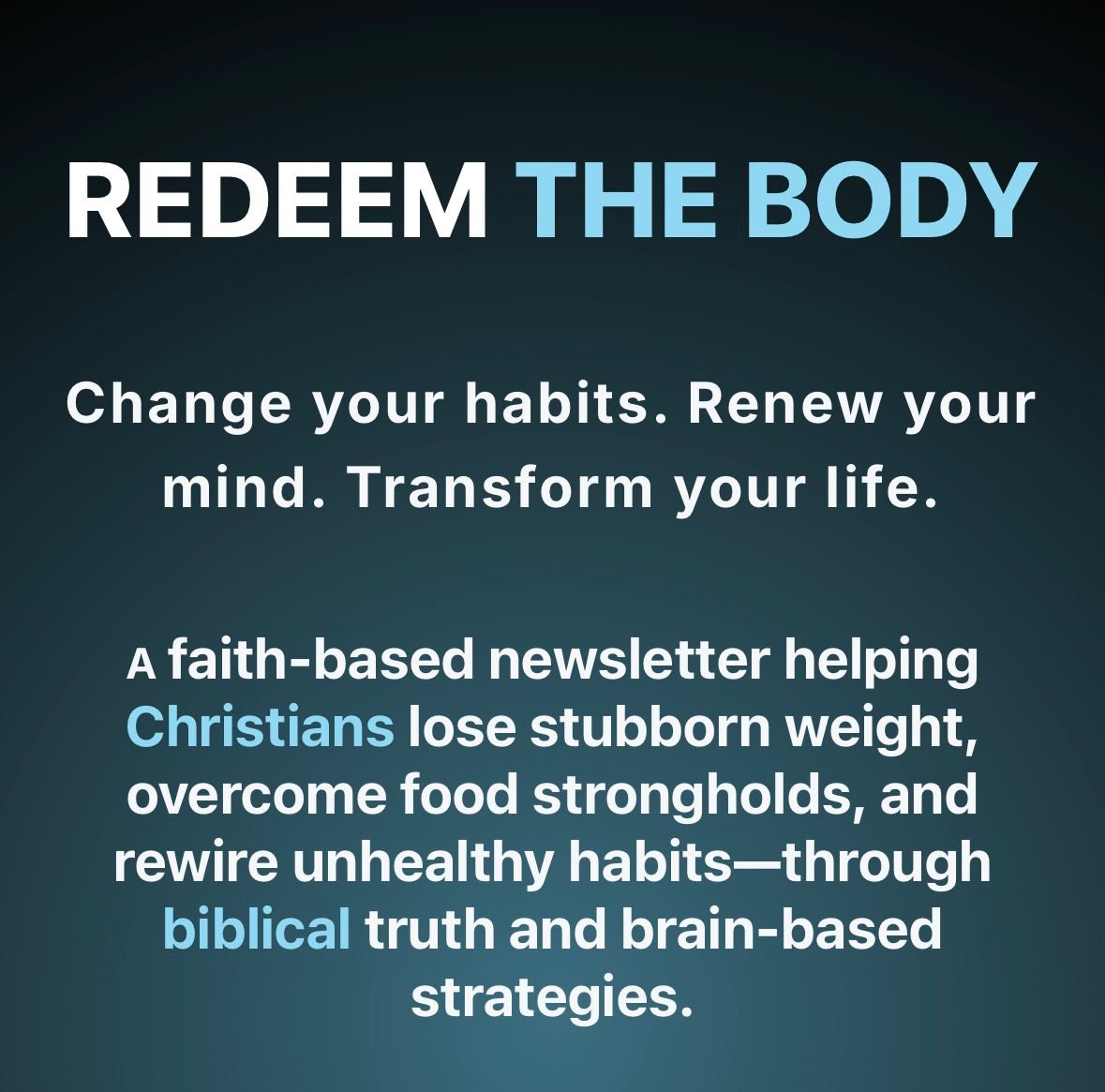
If you read through this thread, truly thank you!
Please consider sharing/RT this thread as it might help others and also drop me a follow @cwayneshuck for more threads like this!
Please consider sharing/RT this thread as it might help others and also drop me a follow @cwayneshuck for more threads like this!
And if you liked this thread...
Read this thread on how Dr Ted Naiman’s Protein to Energy ratio method helps you with fat loss without starving yourself:
Read this thread on how Dr Ted Naiman’s Protein to Energy ratio method helps you with fat loss without starving yourself:
https://x.com/cwayneshuck/status/1952400416806732209
• • •
Missing some Tweet in this thread? You can try to
force a refresh


